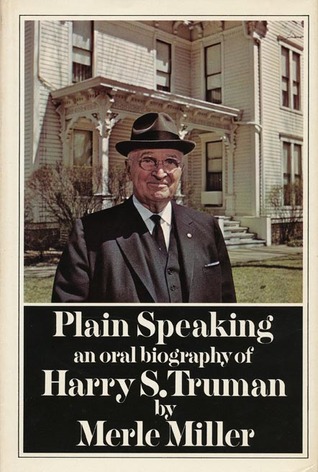 |
| Stephen Dau |
"Nature Walk" was published in Ploughshares (Spring 2014).
Dau, who worked in post-war reconstruction in the Balkans, recalls with masterful detail and a wry sense of humor the absurdities and dangers of everyday life in Sarajevo in the aftermath of war.
"'Nature Walk' is an excerpt from a longer work based around a period of time I spent in Bosnia in the 1990s," Dau explained to The Committee Room. "The excerpt consists of several early sections which have been reworked to make one stand-alone essay. In the book, however, these sections act a little differently, more as scene setting pieces than as a self-contained, free standing story. It comes directly from my experience, and as much as anything it is an effort to make sense of what I was doing there, and by extension what America and the West were doing there after the fall of communism and the Yugoslav wars, and by further extension what America and the West tend to do in lots of places around the world."






